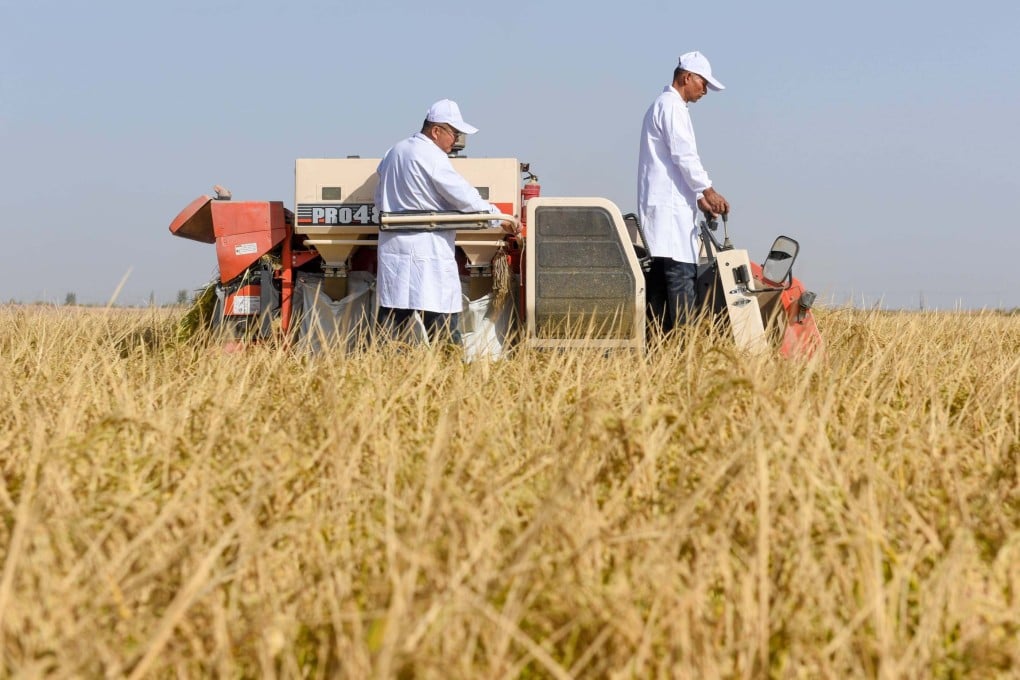Explainer | China vaults salt with saline-tolerant crops, increasing yields and advancing food security goals
- China, hampered by a relative scarcity of arable land, has developed methods to farm mineral-dense soils not ordinarily conducive to plant life
- Tolerance in crops, amelioration of land among solutions to bottleneck that could otherwise halt country’s campaign for self-reliance in food

As extreme weather events battered China’s traditional breadbaskets and abrupt geopolitical shifts made reliable grain prices a thing of the past, Beijing has ramped up its campaign to safeguard food security, employing a variety of methods to expand yields and cultivate more efficiently.
To guarantee its 1.4 billion people can be fed without despoiling its limited stocks of arable land – a paradox that has always been a major hurdle to self-sufficiency -the country has explored ways to grow in soils dense with plant-killing salts and minerals.
What is saline-alkaline land, and where is it?
“Saline-alkaline land” refers to soil that contains an excess of both soluble salts and exchangeable sodium, both of which make land more difficult to farm.
China has the world’s third-largest surface area of saline-alkaline land at about 100 million (247 million acres) hectares, with about one-third carrying the potential for utilisation.
That land is distributed throughout the country, found in 19 provinces spanning China’s southeastern coast as well as the arid north and northwest.
Why are saline-alkaline soils vital for food security?
The cultivation of saline and alkaline soils is one of many areas Beijing has identified to bolster its domestic food supply.
